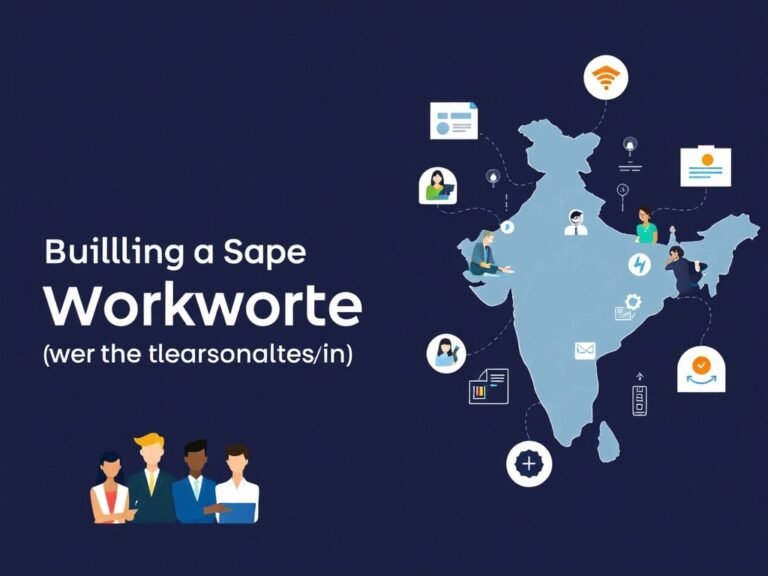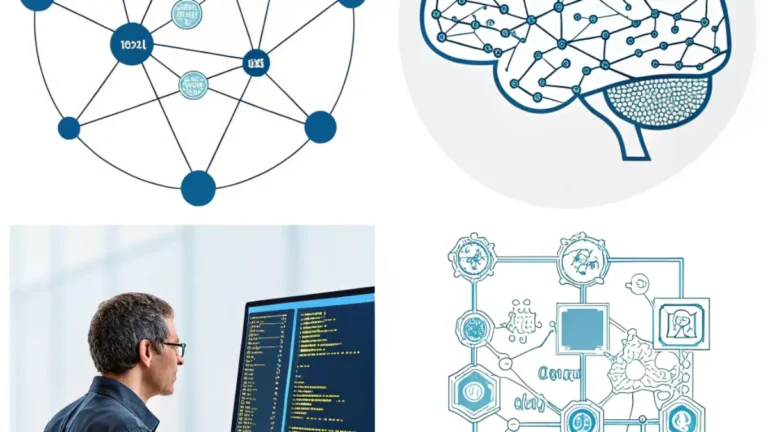Tax season has always been a national ritual: the late nights with receipts spread across the table, the annual panic as deadlines creep closer, and the inevitable resolution of “next year will be different.” But things are changing. The government has quietly decided that the yearly scramble doesn’t fit the modern digital age. Instead of one dramatic climax, it wants the story of your income told in smaller episodes across the year.
This shift comes under the banner of Making Tax Digital for Income Tax, short for Making Tax Digital for Income Tax Self-Assessment. The name doesn’t exactly sing, but the concept is bold. No more shoeboxes full of crumpled invoices; no more one-off filings. Instead, taxpayers will need to keep digital records and send updates quarterly.
It’s not just a new piece of red tape. It’s an entire culture shift. For generations, tax has been about delay, dread, and a single moment of reckoning. Now it’s being reframed as an ongoing relationship, nudging individuals to stay financially awake all year round.
Picture it this way: under the old regime, January was tax month, fuelled by black coffee and the faint scent of panic. Under the new one, each quarter becomes a checkpoint. You take a breath, check your numbers, and submit them digitally. Not quite thrilling, perhaps, but certainly healthier than the old binge-and-purge model of financial admin.
Critics argue this is bureaucracy disguised as progress. For the tech-averse, learning to navigate new software can feel like being forced into a foreign language class at short notice. And yes, relying on apps introduces the possibility of glitches, errors, or the dreaded “login failed” on deadline day.
But here’s the other side: clarity. Continuous reporting can make your finances less of a mystery. Trends appear faster, decisions become sharper, and the stress of one giant annual tax return fades into the background. Many who’ve trialled the process admit, somewhat reluctantly, that it feels less like punishment and more like maintenance.
There’s something quietly radical about this. Tax, once seen as the dullest of obligations, is being reframed through the digital lens. It reflects a broader truth about modern life: everything is moving away from being episodic and towards being continuous. Our shopping is tracked in real time, our bank balances update instantly, our fitness watches buzz at us hourly—and now, even our relationship with HMRC joins the stream.
Whether you see it as progress or intrusion, MTD ITSA signals that the era of financial hibernation is over. The state doesn’t want your once-a-year confessions; it wants a rolling diary. And perhaps, for once, keeping up won’t just be about compliance. It might also be about finally knowing, rather than guessing, where you stand.





